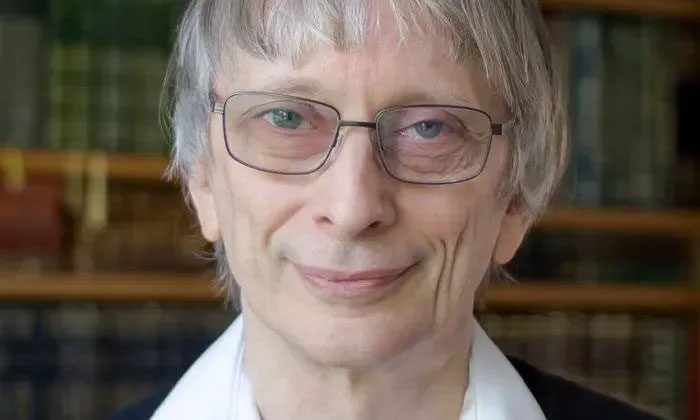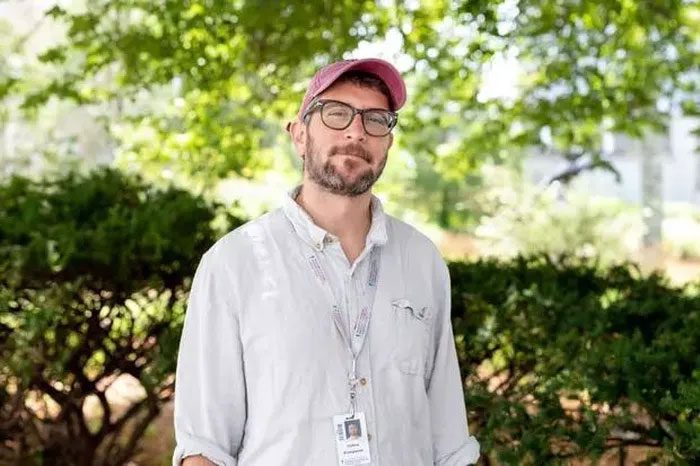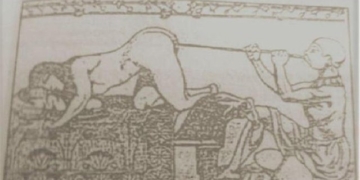A theoretical physicist who has never held a stable job has won one of the most prestigious awards in science for his pioneering contributions to the field of quantum computing.
David Deutsch from the University of Oxford (UK) has shared the 3 million USD Breakthrough Prize (approximately 2.65 million GBP) with quantum algorithm expert Peter Shor from MIT, Gilles Brassard from the University of Montreal, and Charles Bennett from IBM. Bennett developed forms of unbreakable quantum cryptography and helped invent quantum teleportation to transmit information from one place to another.

David Deutsch won the 3 million USD award for his work related to quantum computing. (Photo: Guardian).
Deutsch (69 years old) is known as the “father of quantum computing.” In 1985, he proposed the idea of a strange machine that could test the existence of parallel universes. This machine has yet to be built but has paved the way for the rudimentary quantum computers that scientists are researching today.
“It is an experiment involving a computer that contains some quantum elements. Today, it is called a universal quantum computer. But I think it will take another six years for it to resemble my idea,” Deutsch said.
Born in Israel and raised in the UK, he was mentored by physicist Dennis Sciama at the University of Oxford while working on his PhD thesis on quantum theory. Sciama also mentored Stephen Hawking and Lord Rees, a royal astronomer.
As he researched more, Deutsch became aware of and followed the Many-Worlds Interpretation proposed by American physicist Hugh Everett III in 1957. From there, he developed the field of quantum computing with descriptions of quantum bits (also known as “qubits”). He was also the first to write a quantum algorithm that outperformed classical algorithms.
Sergey Brin, Mark Zuckerberg, Yuri Milner, and others established the 3 million USD Breakthrough Prize to be awarded annually to scientists and mathematicians. This prize is compared by the founders of Silicon Valley to the “Oscar of Science.” This year, one prize in physics, three in life sciences, and one in mathematics were awarded.
The second prize went to Clifford Brangwynne from Princeton University and Anthony Hyman from the Max Planck Institute for Molecular Cell Biology and Genetics. The two scientists discovered that proteins cluster into similar groups related to neurodegenerative diseases.

Second prize winner, Clifford Brangwynne from Princeton University. (Photo: Guardian).
A research team at DeepMind won the third prize in life sciences for AlphaFold, an artificial intelligence program that predicts the structure of nearly every type of protein known to science.
Before the pandemic, Breakthrough Prize winners received their awards at a grand event attended by many stars from Silicon Valley. This year, the ceremony did not take place. But even if the ceremony had occurred this year, Deutsch would have found it difficult to attend.
“I enjoy conversations. But I don’t like going anywhere,” he said.


















































